Parking can be a challenging task, especially in tight spots or crowded areas. Fortunately, modern parking assist systems are designed to alleviate this stress, making parking easier and safer. These systems help drivers maneuver with confidence, reducing anxiety and the risk of accidents.
Understanding Parking Assist Systems
Parking assist technologies have come a long way since their inception. Initially, these systems focused on simple alerts for objects near the vehicle. Over the years, they have evolved into sophisticated systems that can take control of the vehicle’s steering, brakes, and gears to park automatically. The 2023 Mercedes-Benz S-Class, for example, showcases how far these technologies have advanced, offering features like 360-degree cameras and sensors that provide a comprehensive view of the surroundings.
There are various types of parking assist systems available today. Rear-view cameras have become ubiquitous, allowing drivers to see behind their vehicles while reversing. Ultrasonic sensors detect objects close to the vehicle, providing auditory alerts to prevent collisions. Fully automated parking systems, like those found in the 2025 Audi A8, can handle the entire parking process, from detecting a parking spot to maneuvering the car into it.
These systems rely on a combination of sensors, cameras, and advanced algorithms to function effectively. The sensors detect obstacles and measure distances, while cameras provide visual feedback to the driver. This information is processed by the vehicle’s onboard computer, which can make real-time decisions to assist or fully automate the parking process.
Key Features of Effective Parking Assist Systems
One of the most critical features of effective parking assist systems is real-time feedback and alerts. Visual aids, such as display screens showing the vehicle’s surroundings, and audio signals, such as beeps that increase in frequency as the vehicle nears an obstacle, are essential. The 2024 Ford F-150, for example, utilizes a range of cameras and sensors to provide comprehensive feedback, helping drivers park with precision.
Precision and accuracy are paramount in parking assist systems. Advanced sensors and cameras ensure that the vehicle can park with minimal input from the driver. The 2023 BMW 7 Series features an advanced parking assistant that uses multiple cameras and ultrasonic sensors to execute precise parking maneuvers, even in tight spaces.
Integration with other vehicle systems enhances the functionality of parking assist systems. By working in conjunction with GPS and driver-assistance technologies, these systems can offer more accurate guidance. For instance, the Tesla Model X’s autopilot system not only aids in parking but can also navigate complex driving scenarios, showcasing the seamless integration of parking assist with broader vehicle systems.
Popular Brands and Models
Several leading manufacturers have made significant strides in developing reliable parking assist systems. Tesla, known for its cutting-edge technology, offers features like Summon, which allows the vehicle to park itself autonomously. BMW’s Parking Assistant Professional, available in models like the 2025 BMW X5, provides a comprehensive suite of tools for easy parking.
When comparing models, the 2026 Toyota Camry stands out for its advanced parking assist features, including automatic parallel and perpendicular parking. Similarly, the 2023 Honda Accord offers a multi-angle rear-view camera and cross-traffic monitor, making it a practical choice for those seeking efficient parking solutions.
User reviews and feedback highlight the effectiveness of these systems. Owners of the 2024 Hyundai Sonata praise its Remote Smart Parking Assist, which allows the car to park autonomously while the driver stands outside, controlling the process via the key fob.
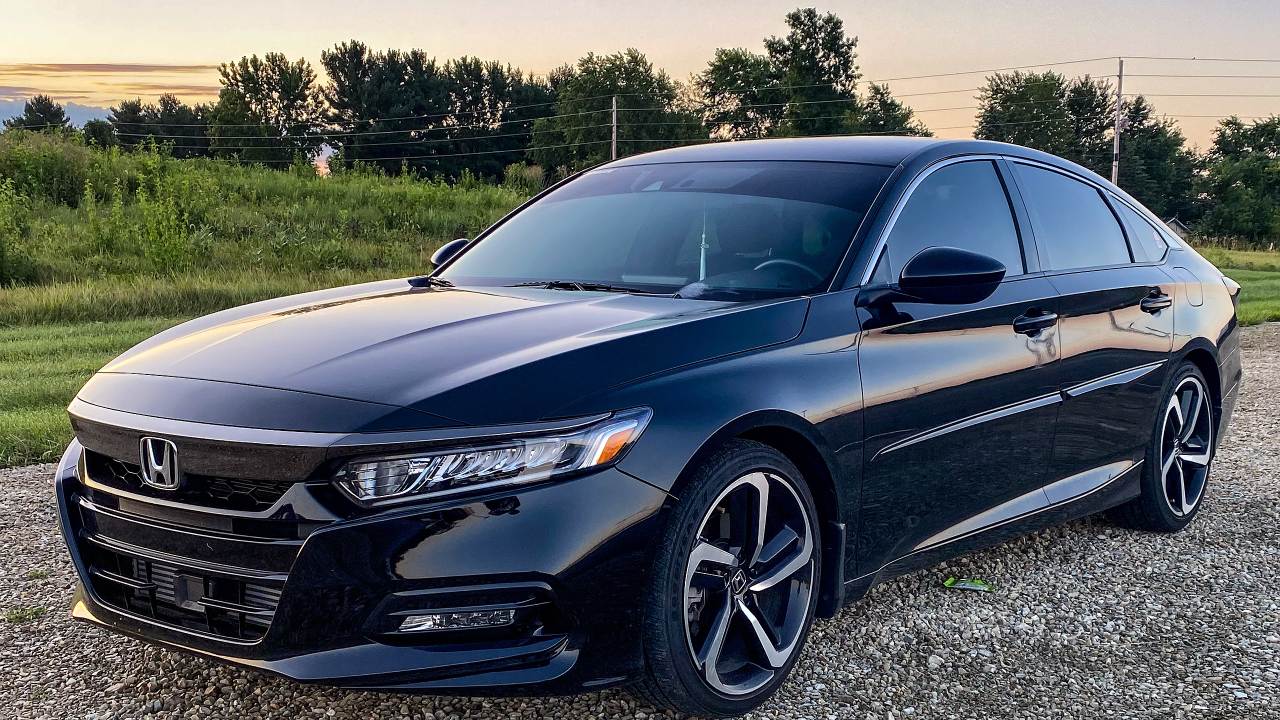
Benefits of Using Parking Assist Systems
One of the most immediate benefits of parking assist systems is the reduction of stress and anxiety associated with parking. Knowing that the vehicle can handle challenging parking scenarios, such as parallel parking in tight city spaces, allows drivers to relax and focus on other aspects of driving.
Enhanced safety is another significant advantage. Parking assist systems minimize the risk of accidents by alerting drivers to obstacles they might not otherwise notice. The 2025 Volvo XC60, for example, employs a combination of sensors and cameras to prevent collisions, protecting both the vehicle and pedestrians.
Improved parking efficiency is a notable benefit, as these systems save time and effort. The 2023 Chevrolet Bolt, with its advanced parking assist technology, can quickly identify suitable parking spaces and park the vehicle efficiently, reducing the time spent searching for spots and executing complex parking maneuvers.
Future Trends in Parking Assist Technology
As technology continues to advance, parking assist systems are poised to become even more sophisticated. Developments in AI and machine learning promise to enhance the accuracy and user experience of these systems. Future vehicles, like the anticipated 2026 Tesla Roadster, are expected to leverage AI to predict driver behavior and optimize parking strategies.
Integration with autonomous vehicles is a natural progression for parking assist systems. As cars become more autonomous, these systems will play a crucial role in enabling vehicles to navigate and park without human intervention. The Waymo self-driving car project, for example, is already exploring how fully autonomous vehicles can handle complex parking scenarios.
Predictive parking solutions are emerging as a new frontier in parking technology. By utilizing data from connected vehicles and urban infrastructure, these systems can predict available parking spaces and guide drivers accordingly. Apps like Parkopedia are already offering drivers insights into parking availability in real-time, signaling a shift towards more intelligent parking solutions.
More from Fast Lane Only:
- Unboxing the WWII Jeep in a Crate
- The Fastest Farm Truck Ever Built
- 10 Old Trucks That Were Built Like Tanks
- 12 Classic muscle cars still within reach for budget buyers
*Created with AI assistance and editor review.

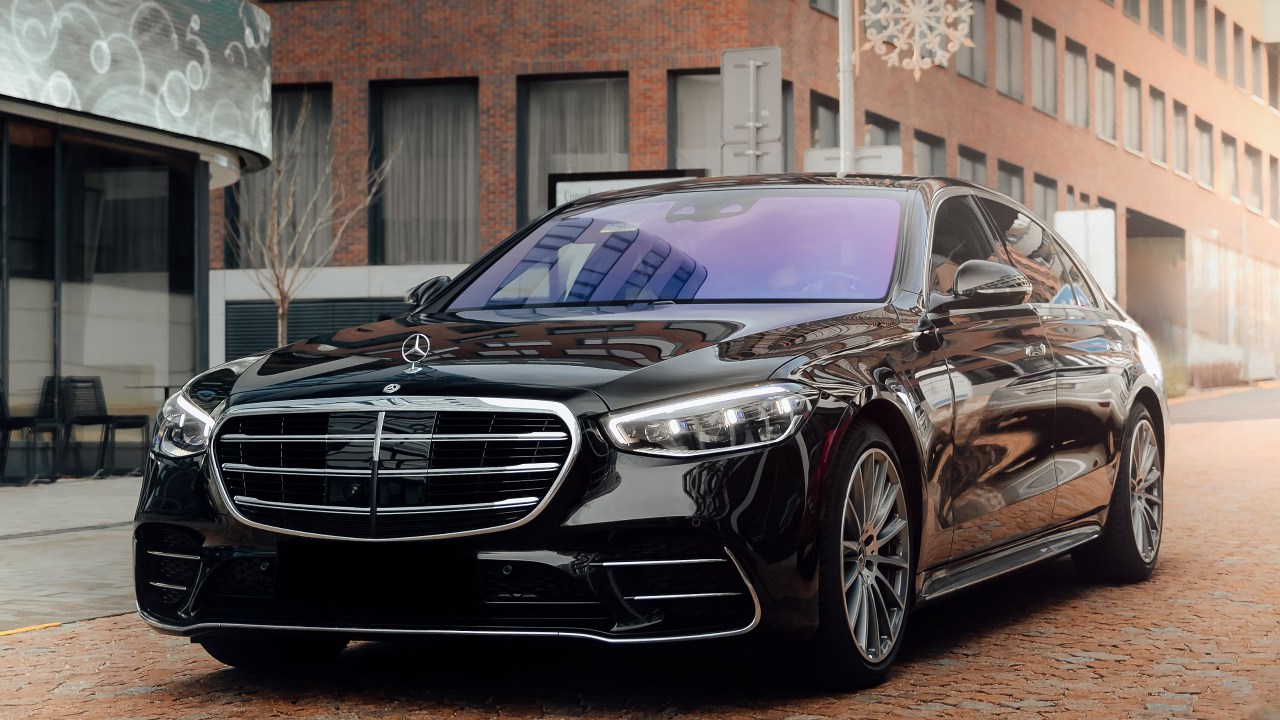

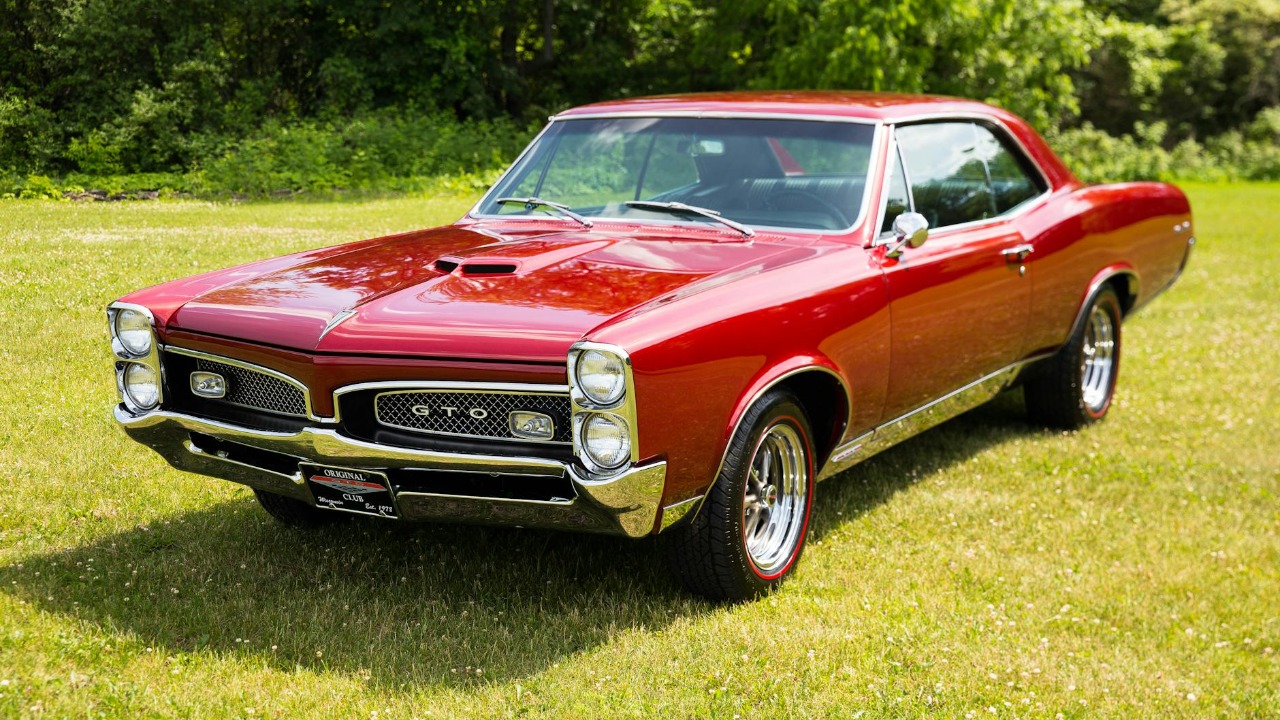
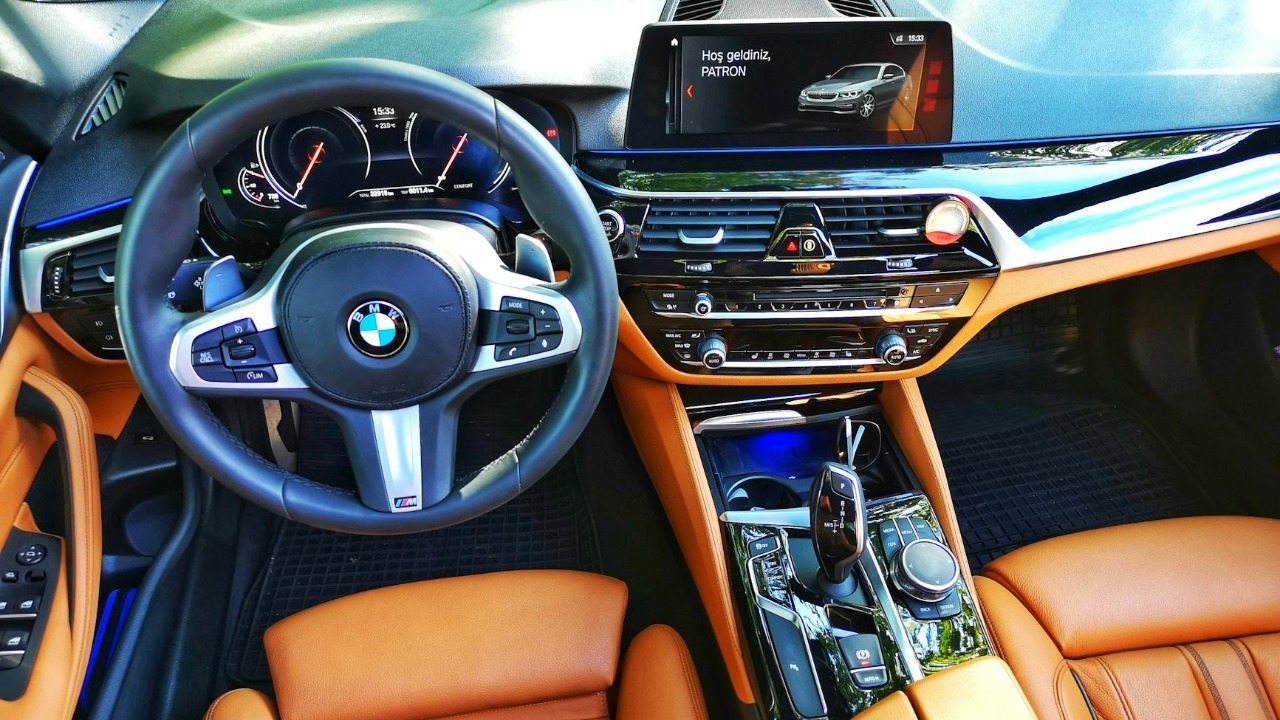
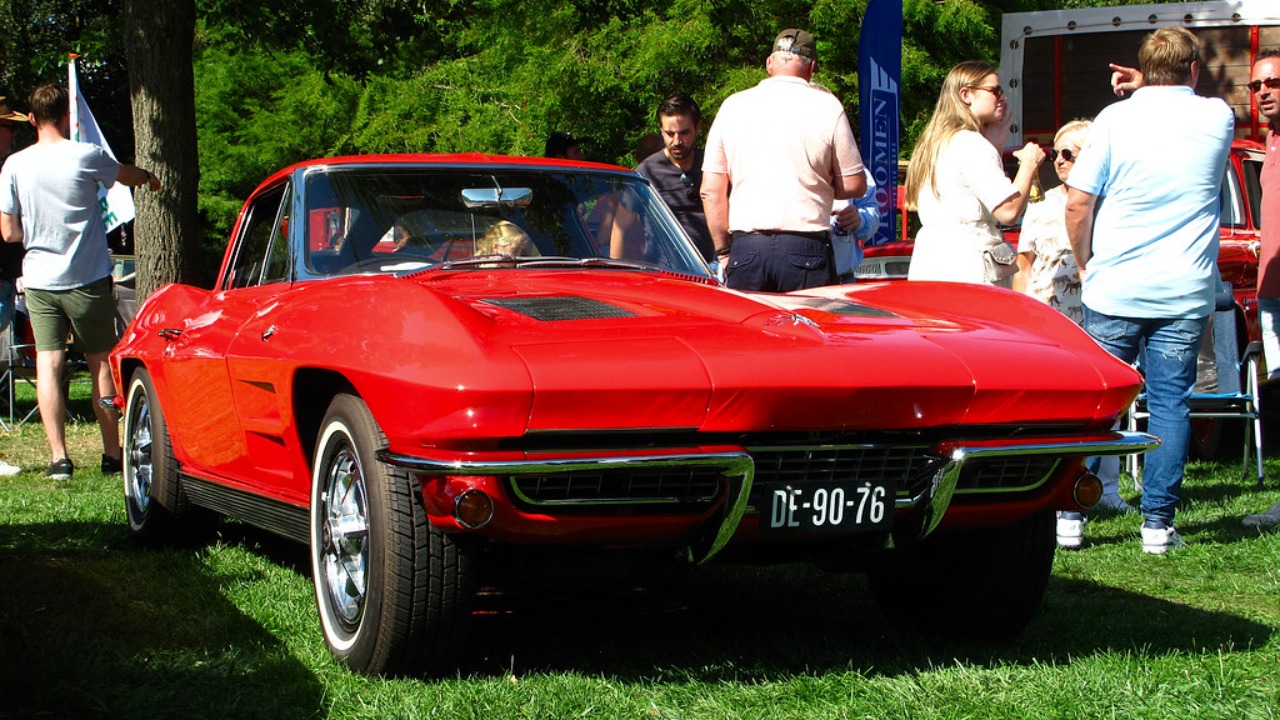

Leave a Reply